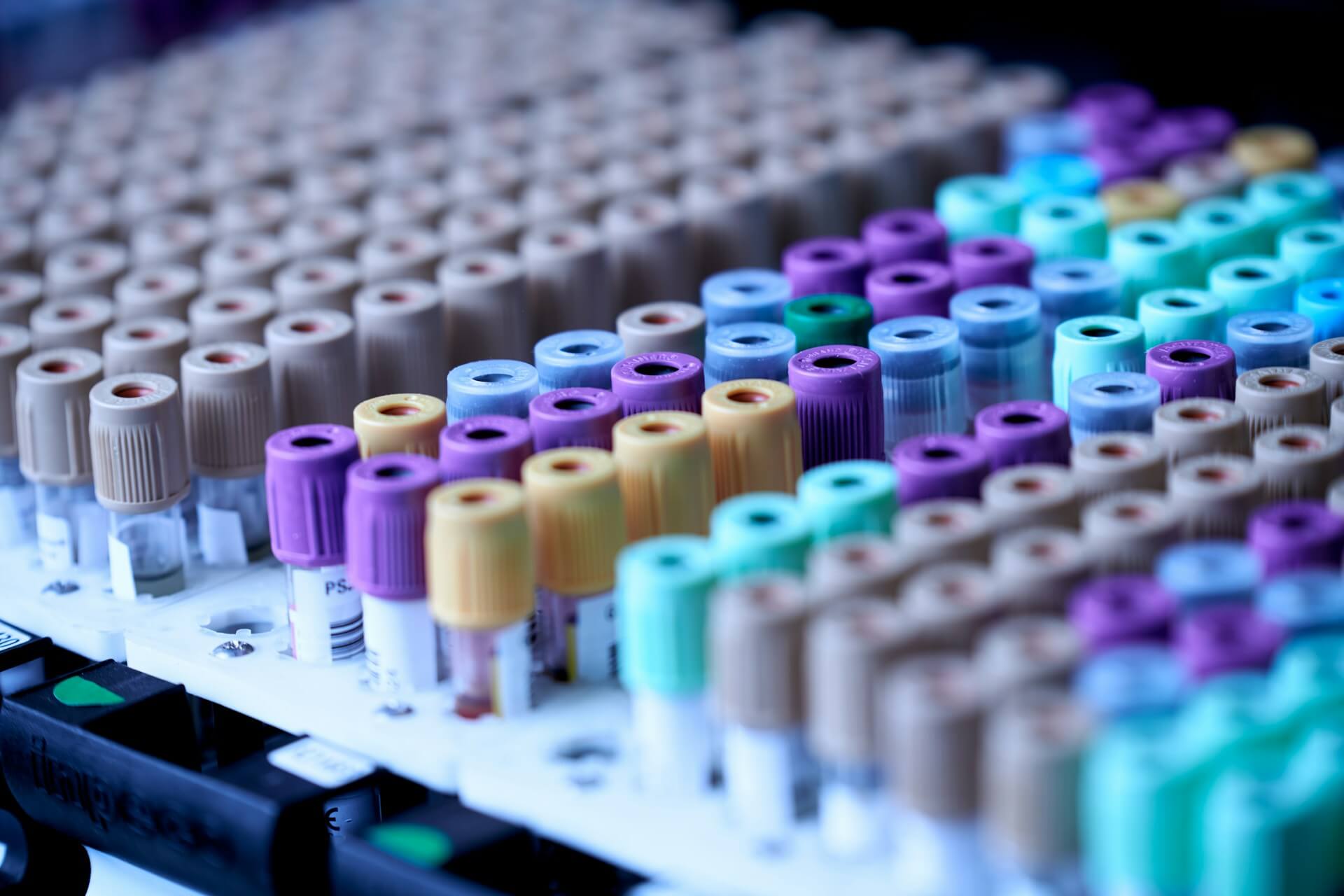Harnessing Anti-CD39 Antibodies for Next-Generation Cancer Immunotherapy

Immune checkpoint inhibitors have revolutionized cancer treatment, but response rates remain unsatisfactory in many tumor types. This highlights the need for complementary immunotherapeutic approaches targeting novel pathways beyond PD-1/PD-L1. CD39 has emerged as an exciting inhibitory target – this ectoenzyme generates immunosuppressive adenosine within the tumor microenvironment. Encouragingly, latest research indicates that neutralizing CD39 with monoclonal antibodies can counteract this suppression and enable more robust anti-tumor immunity.
A phase I trial published this year established the safety and efficacy of the anti-CD39 antibody NZV930 in patients with advanced malignancies (Young et al., 2022). Both monotherapy and combination arms showed acceptable toxicity and promising signs of immunological and clinical activity, warranting further clinical development. In parallel, next-generation anti-CD39 antibodies with enhanced effector function are progressing through preclinical development. Fc-enhanced variants exhibited superior T cell stimulatory activity and control of tumor growth in syngeneic models compared to unmodified antibodies (Chen et al., 2022).
Dual targeting of CD39 and CD73 – which converts AMP to adenosine downstream of CD39 – is also gaining traction as a strategy to more completely block adenosinergic signaling. A recent study combined anti-CD39 and anti-CD73 antibodies to fully inhibit the pathway, potently stimulating T cell activity against tumors in mice (Xu et al., 2022). These findings provide a strong rationale to assess dual blockade clinically.
Overall, anti-CD39 antibodies represent a highly promising component of the next immunotherapeutic wave. As single agents or in combination regimens, these drugs could significantly expand the proportion of cancer patients who respond to immunotherapy. Ongoing clinical evaluation will clarify their efficacy across different malignancies. Anti-CD39 therapy may finally fulfill the hope of immunotherapy – activating the immune system to provide durable disease control or even cure.
References:
Young et al. (2022) Clinical Cancer Research
Chen et al. (2022) Molecular Cancer Therapeutics
Xu et al. (2022) Journal for ImmunoTherapy of Cancer
Anti-CD39 biosimilars from ichorbio:
ICH5218: IPH5201 Biosimilar - Research Grade
ICH5219: Lecanemab Biosimilar - Research Grade
Anti-CD73 Biosimilars from ichorbio:
